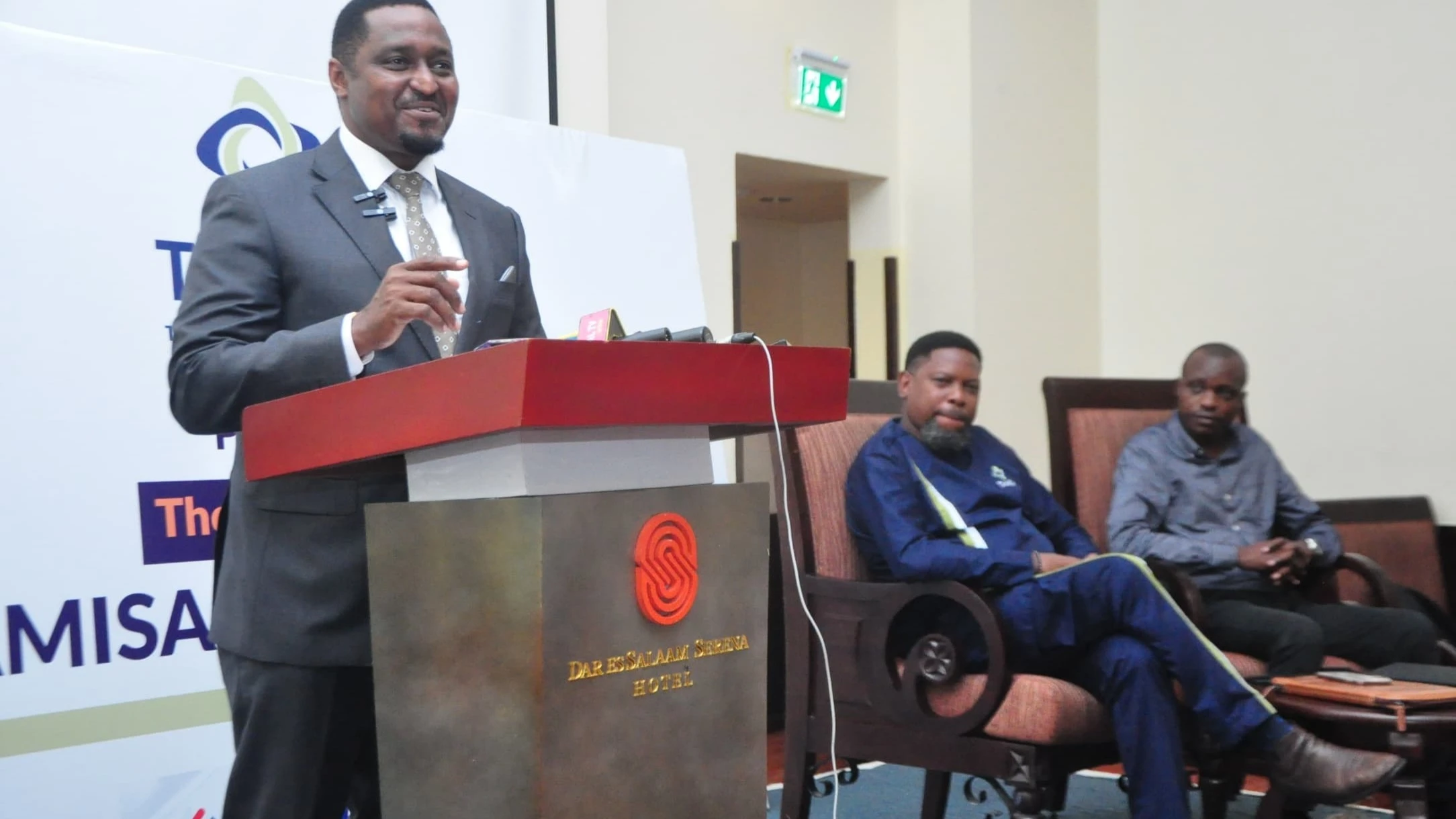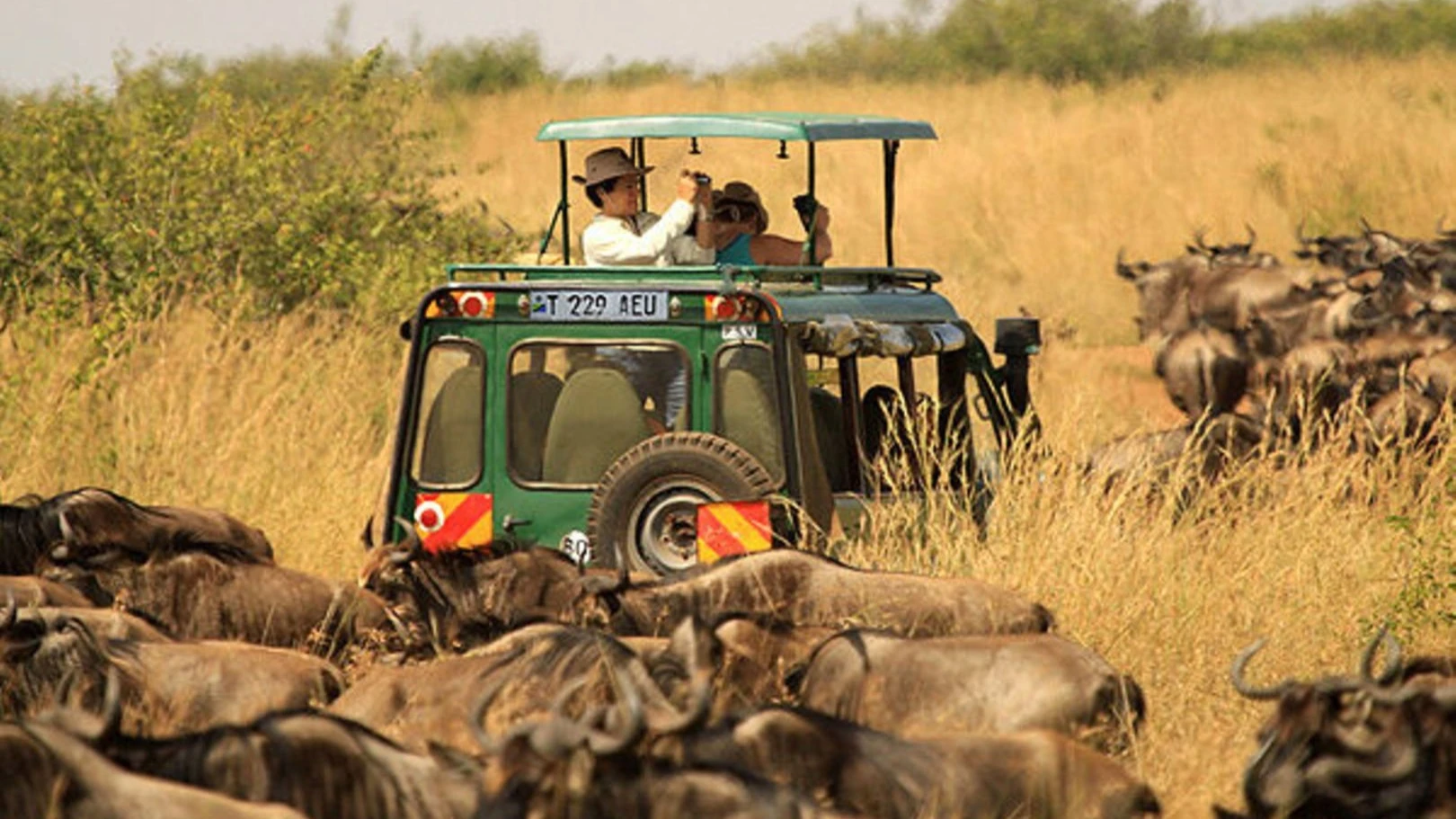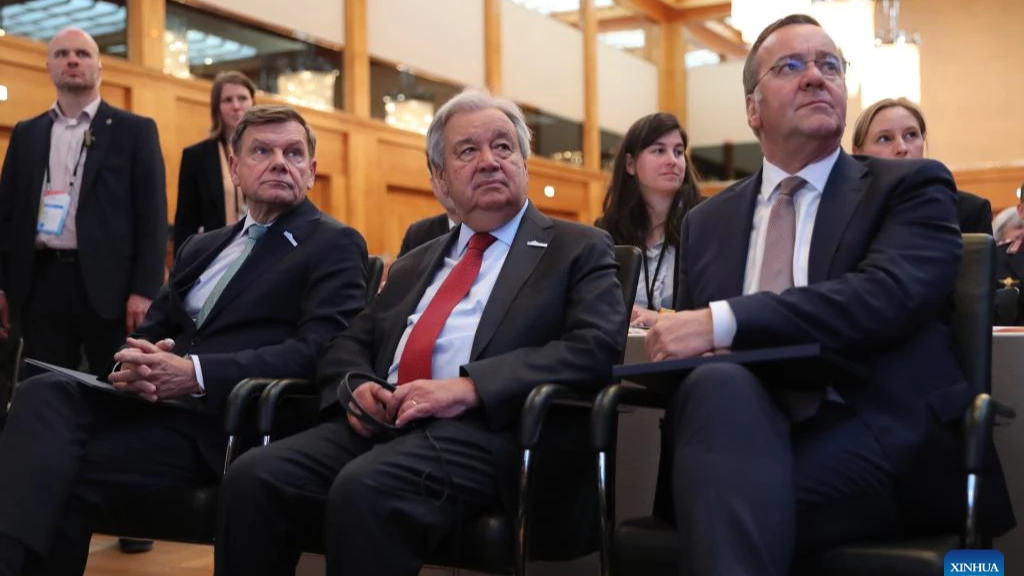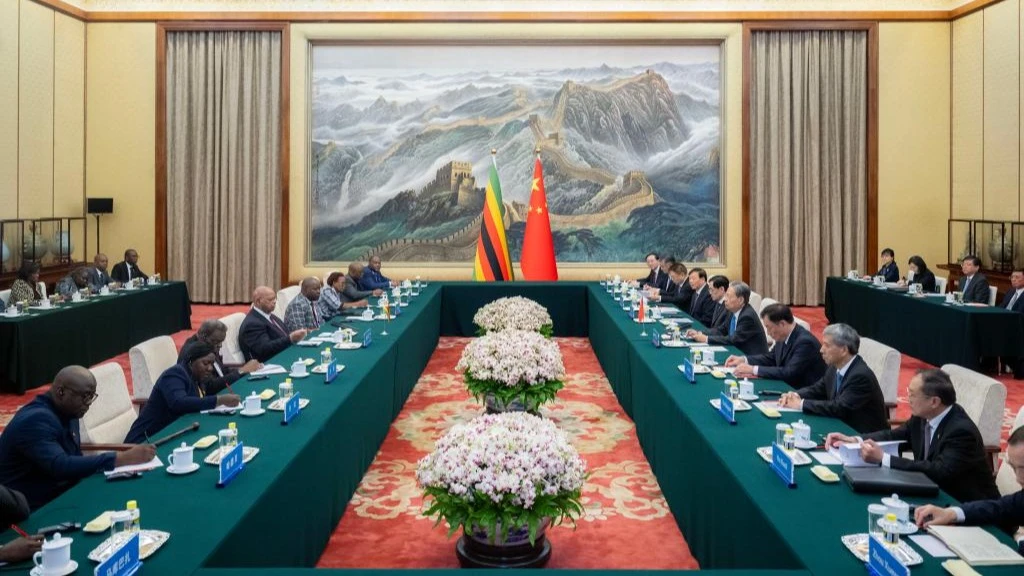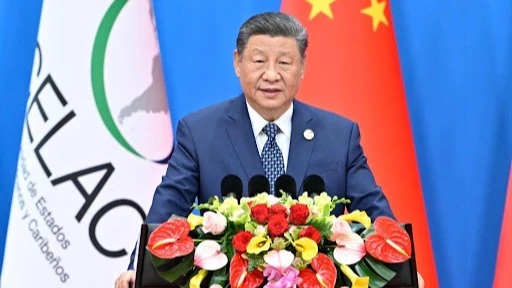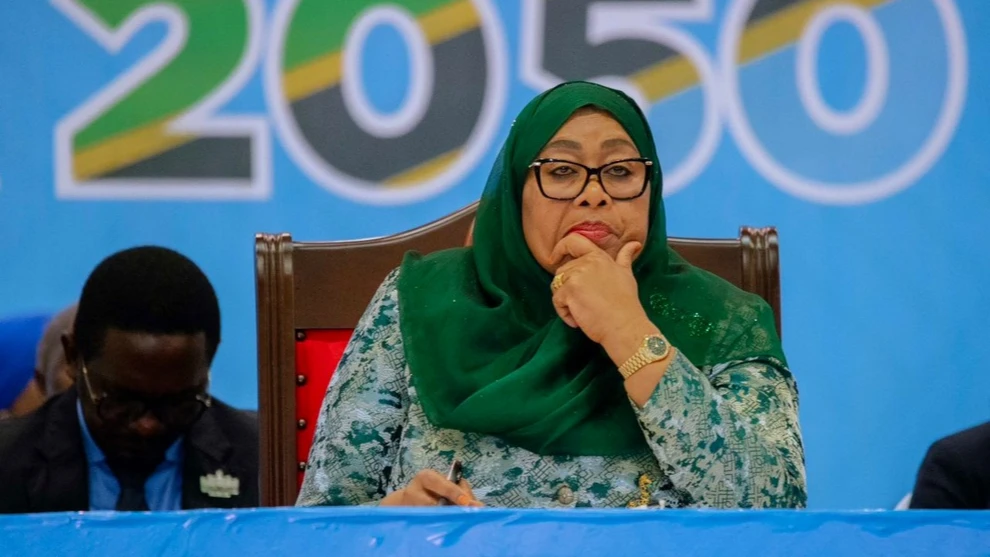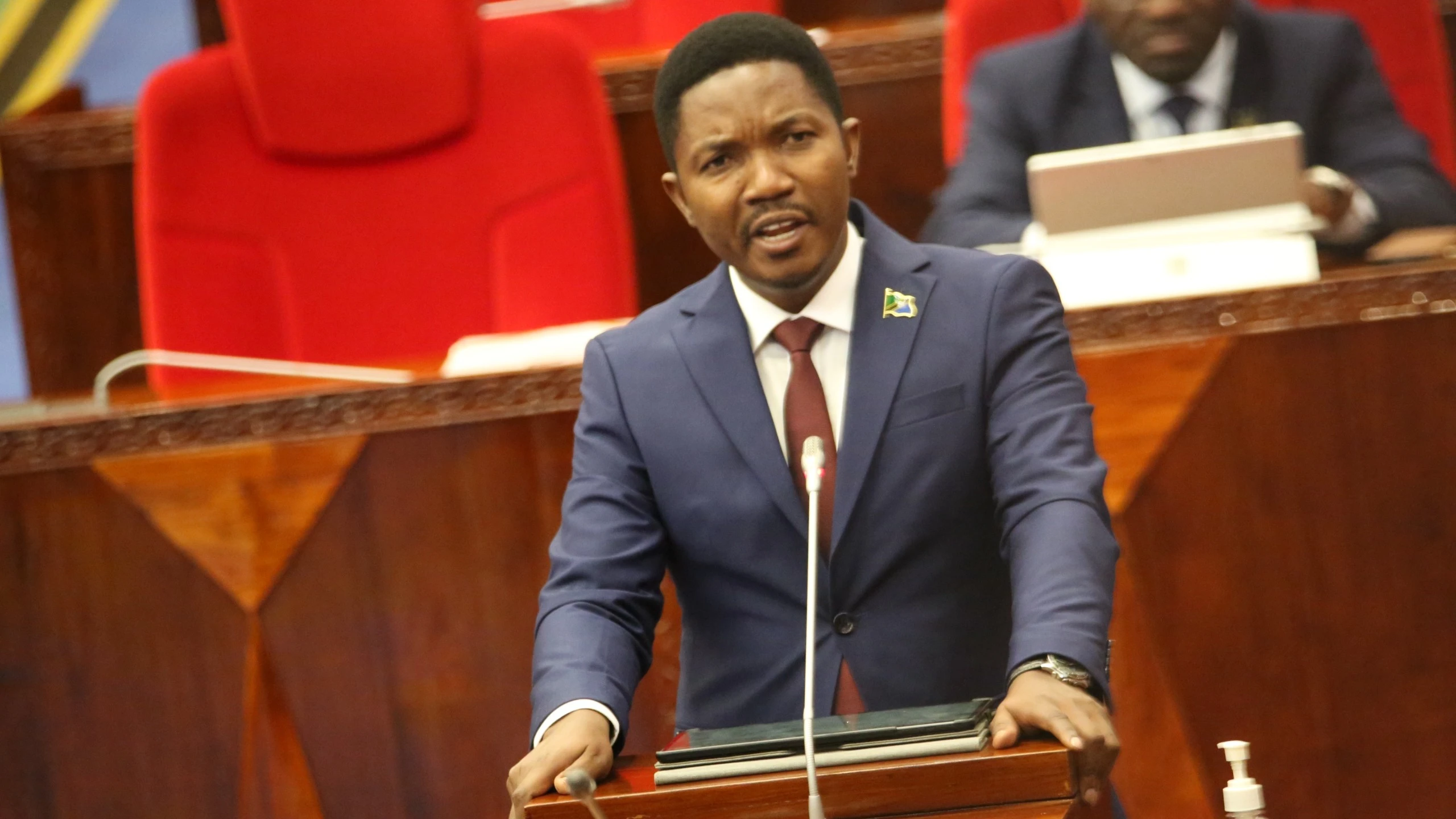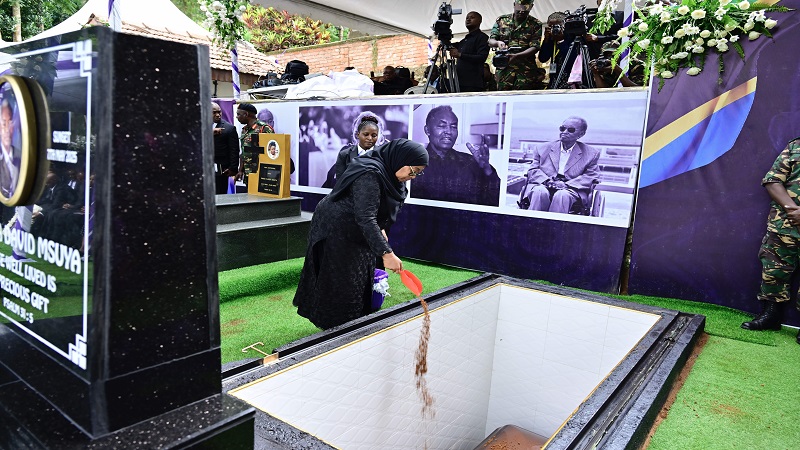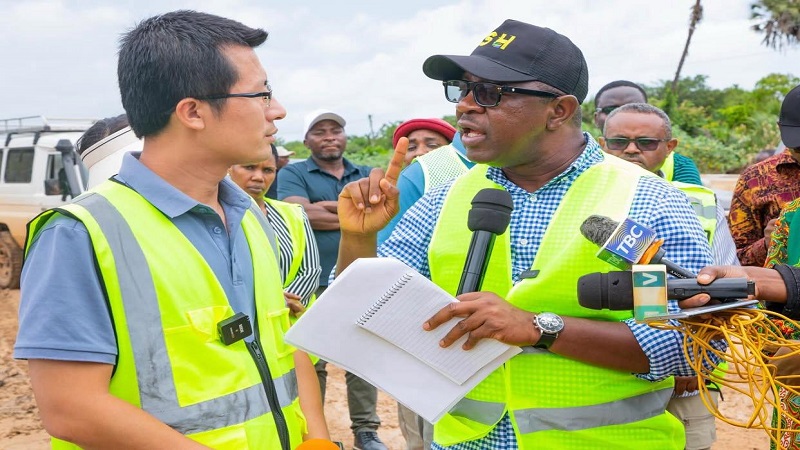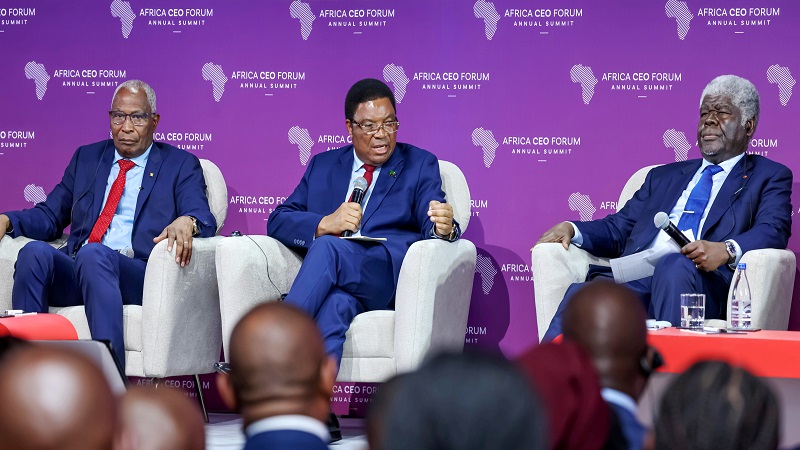Turning vision 2050 into Tanzania’s shared dream

AS I stood before the crowd at the Tanzania Association of Government Communication Officers - TAGCO annual forum last week, I felt a familiar vibe of hope.
Since 2018, I have watched this gathering of communication officers evolve from a routine government meeting into a vibrant space where ideas ignite and partnerships form.
This year, the energy was different. The room buzzed with a shared determination: to transform Vision 2050 from a grand government plan into a movement owned by every Tanzanian.
Vision 2050 is Tanzania’s roadmap to an inclusive, industrialized future. Yet, our ‘Sauti za Wananchi’ surveys reveal a disconnect. While 59 percent of citizens prioritize economic growth and 87 percent demand agricultural transformation, only 49 percent are satisfied with public services.
Such gaps underscore the need to align government messaging with lived realities. For example, a farmer in Morogoro cares less about GDP targets and more about how Vision 2050 will improve irrigation or market access. Similarly, youth in Dar es Salaam seek tangible opportunities in tech and manufacturing.
A vision born from citizen voices
Vision 2050 is not just another document. It’s a promise, a promise co-created with 7,688 Tanzanians through Twaweza’s ‘Sauti za Wananchi’ survey. Their voices revealed a striking truth: 59 percent prioritize economic growth, 87 percent demand agricultural transformation, and nearly half are dissatisfied with public services.
These numbers aren’t statistics; they’re the cries of a farmer in Morogoro struggling with erratic rains, a young mother in Dodoma paying school fees despite “free education,” and a shopkeeper in Mwanza dreaming of solar power to grow her business.
Yet, there’s a gap. While Vision 2050’s pillars like an inclusive economy or climate resilience are bold, many citizens see them as distant concepts. “How does this ‘digital transformation’ help me?” a maize farmer once asked me. This disconnect is where communication officers step in.
Bridging the gap with stories, not slogans
In the forum, I shared a simple idea—‘Replace policy jargon with stories’. Imagine a radio drama about Neema, a young entrepreneur in Arusha who uses a mobile app to connect with buyers, doubling her maize profits. Or a TikTok clip showing Jamal, a VETA student, building a solar-powered irrigation model for his village. These aren’t fantasies they’re tangible examples of Vision 2050’s pillars in action.
One Regional communication officer later told me, “We’ve been printing brochures no one reads. But after your talk, I’ll work with local artists to turn Vision 2050 into a comic book for our regional schools.” Her enthusiasm mirrored what I’ve learned: people embrace what they feel, not just what they’re told.
The power of grassroots messengers
Trust is the currency of effective communication. Yet, in rural areas where 60 percent lack internet government messages often drown in skepticism. “They think Vision 2050 is for city elites,” admitted a regional officer from Lake Zone.
The solution? Local champions. Village teachers, religious leaders, and even ‘bodaboda’ drivers can be ambassadors. In the forum, we debated how to equip them through Radio dramas in Sukuma or Hehe to explain agri-tech.
Using SMS alerts (via a countrywide mobile network) to update farmers on weather forecasts tied to Vision 2050’s climate goals as well as football tournaments where halftime talks highlight youth opportunities in the “blue economy.”
A participant from Zanzibar shared how she’s partnering with fishermen and seaweed farmers to spread word about marine conservation, a perfect link to Vision 2050’s environmental pillar. “When their peers speak, they listen,” she said.
Data as a compass
Numbers matter, but only if they’re alive. At Twaweza, we’ve seen how data like the 49 percent satisfaction with public services can spark action. But raw stats don’t inspire; stories behind the stats do.
I urged officers to borrow a page from the National Bureau of Statistics: “Don’t just say ‘1,000 kWh/person by 2030.’ Show a video of a health clinic powered by solar, saving newborns’ lives.” A ministry official nodded, pledging to train staff in “data storytelling.”
The private sector as allies
Vision 2050 won’t succeed without business buy-in. At the forum, some private sector allies offered support for Vision 2050 advocacy. Some proposed aligning CSR projects with agro-processing goals. These partnerships aren’t charity they’re smart investments.
I recalled a quote from a young tech founder: “Vision 2050 isn’t government homework. It’s our business plan.”
As the forum closed, I left with new friends, officers from Dodoma to Kigoma ready to innovate. But ideas alone aren’t enough. We need courage to simplify. Swap “Nguzo ya Kwanza” for “Uchumi Imara” in village meetings.
Use USSD codes (*149#) for citizens to rate Vision 2050 awareness and accountability to act. Publish “Citizen Report Cards” comparing targets to reality.
The road ahead
In 2050, I will be an old lady. But if we succeed, my grandchildren will inherit a Tanzania where a farmer in Mbeya knows how biotech boosts her yields, a girl in Tabora sees Science, Technology, Engineering, and Mathematics (STEM) as her path to inventing solutions and every leader from Dodoma to the smallest village answers the question: “What did you do to deliver Vision 2050?”
The TAGCO forum proved that communications officers are ready to lead this charge. Now, policymakers must equip them with training, tools, and mandates to act. As I left the forum, new collaborators from government ministries exchanged contacts, eager to adopt storytelling techniques. This momentum must not fade.
The forum proved one thing: Communication officers aren’t just messengers. They’re the weavers of a national dream. As a Swahili proverb says, “Kidole kimoja hakivunji chawa.” (One finger can’t crush a louse.) Together, we can turn Vision 2050 into Tanzania’s lived reality.
Annastazia Rugaba is a Director for Advocacy and Engagement at Twaweza East Africa. She can be reached through +255 687 222 197
Top Headlines
© 2025 IPPMEDIA.COM. ALL RIGHTS RESERVED











